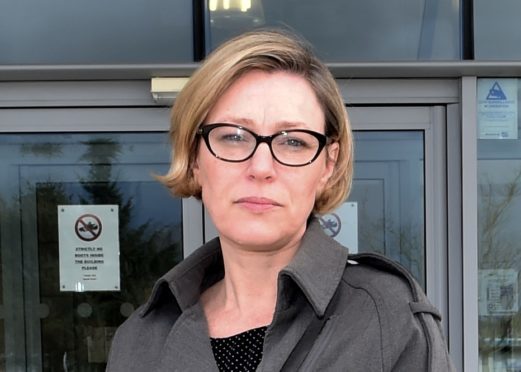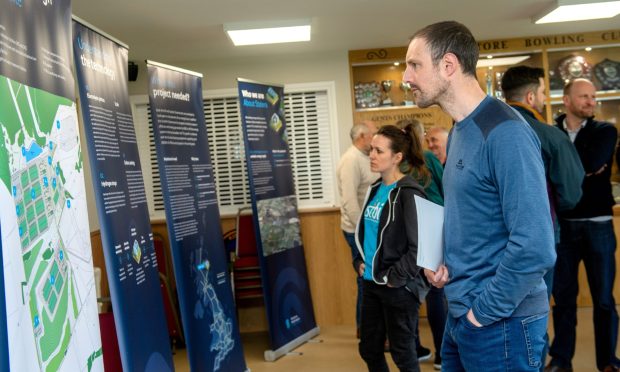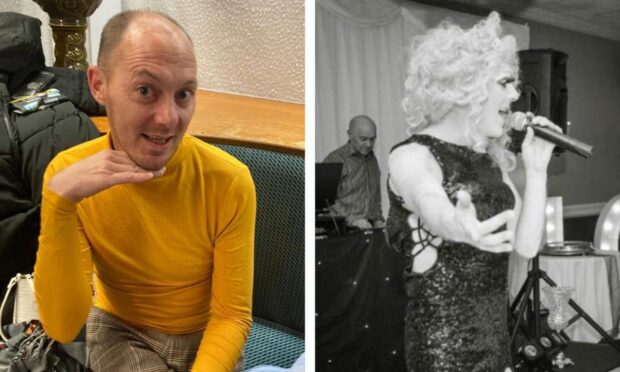An Aberdeenshire MSP is on a mission to establish better workplace understanding of the menopause and encourage employers to have policies in place for women suffering from the symptoms.
Gillian Martin has written to Aberdeenshire Council and NHS Grampian bosses to find out what policies are in place to support these women.
Calls have been made for employers to offer more support if there is nothing in place.
It comes after a debate in the Scottish Parliament about the health issue in a bid to reduce the stigma that surrounds the menopause.
Ms Martin is keen to find out what these two major employers have in place after a recent survey by the Scottish Women’s Convention revealed 96% of women were working when their menopause began.
Of that figure, only 21% shared their symptoms with their employer during this time while 79% felt they were either unable to talk about it or chose not to due to fear of discrimination, and their symptoms not being taken seriously.
36% of the respondents said their experience with their employer about the menopause was ‘average’, but 35% felt the support they received was ‘poor’.
The issue was also raised at the SNP spring conference with a debate calling for the issue to be tackled in the workplace.
Campaigners have argued working arrangements should be flexible enough to ensure they meet the needs of menopausal women who may need to leave suddenly or require more breaks.
Ms Martin feels that introducing policies to support working menopausal women is a logical next step.
She said: “I have written to Aberdeenshire Council and NHS Grampian to inquire what, if any, workplace policy exists to support women experiencing the menopause.
“With the increase in awareness around period poverty, we have broken down some barriers.
“It is important we consider the specific needs of menopausal women and ensure that the workplace environment does not make their symptoms worse.
“This could include paid time-off for treatments such as hormone replacement therapy or cognitive behavioural therapy.
“It could also include flexible working patters and making reasonable adjustments in workplaces such as the introduction of flexibility in breaks, remote working and flexible start times.
“We also need to introduce a culture in which the menopause is talked about respectfully between colleagues.”
In October last year, South Lanarkshire became the first local authority in Scotland to implement a work place policy to support women experiencing the menopause.
A spokeswoman for NHS Grampian said: “We do not currently have a distinct policy to support members of staff going through the menopause.
“This is a matter we are giving consideration to. We have received Gillian Martin’s letter and will be responding to her fully.”










